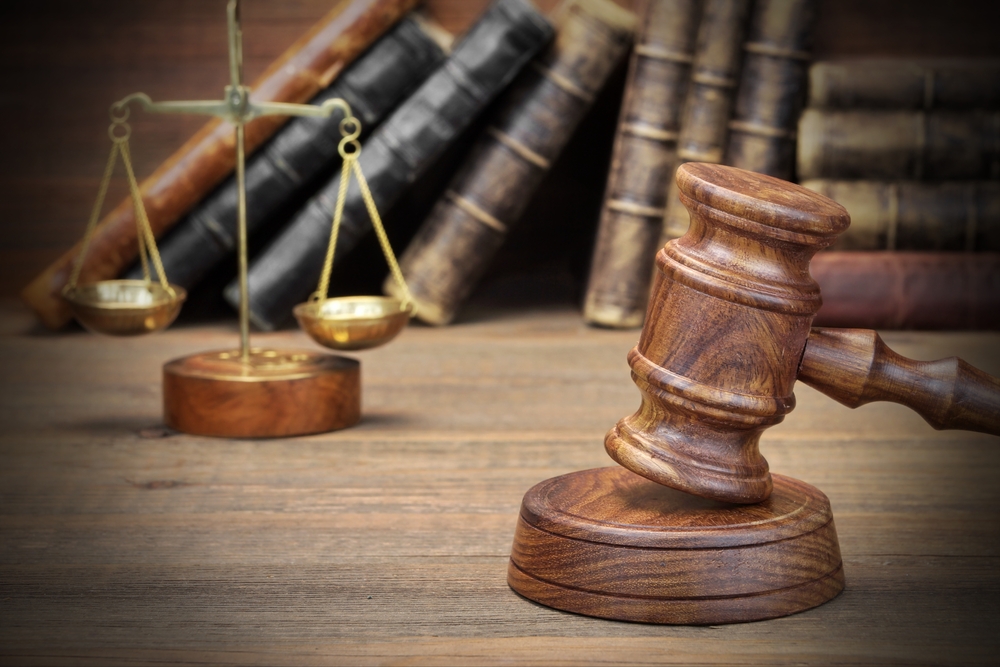By JIM SAUNDERS
THE NEWS SERVICE OF FLORIDA
In a debate that includes major business and legal groups and raises separation-of-powers questions, the Florida Supreme Court will decide whether to reject a controversial 2013 law that tightened a standard for expert witnesses who testify in the state’s courtrooms.
Arguments have flooded into the Supreme Court since mid-March after The Florida Bar Board of Governors and a key Bar committee recommended that justices reject the standard. While the issue is somewhat esoteric, it is part of a decades-long fight in Tallahassee between business groups and plaintiffs’ attorneys about restrictions on lawsuits.
Business groups heavily lobbied for the 2013 expert-witness law, arguing that moving to the different standard would reduce “junk science” going before jurors — a contention disputed by plaintiffs’ attorneys, who argued that the standard would drive up costs and cause delays in litigation.
The Republican-dominated Legislature and Gov. Rick Scott approved moving to the standard, known in the legal world as the “Daubert” standard. But a major part of the debate now focuses on whether only the Supreme Court has the right to set such procedures for the judicial system.
The Bar recommendations said the Supreme Court, not the Legislature, has the constitutional authority to decide what expert-witness standard to use. It called for the Supreme Court to reject the change and to direct courts to use the state’s longstanding expert-witness standard, known as the “Frye” standard.
Sen. Garrett Richter and Rep. Larry Metz, a pair of Republican lawmakers who sponsored the 2013 legislation, filed comments April 1 with the Supreme Court disputing the separation-of-powers argument raised by the Bar.
“After extensive debate, the Florida Legislature passed the legislation and the Daubert expert evidence standard was enacted into law,” Richter, R-Naples, wrote. “The will of the people of this great state, through their duly enacted legislators, is that the Daubert standard should be used in Florida’s courts. This (Supreme) Court should not substitute its own judgment for that of the people.”
But in a Feb. 1 petition to the Supreme Court, Bar officials pointed to justices upholding the Frye standard in the past and said the 2013 law dealt with a procedural issue.
“The Daubert bill creates neither a right of action, a cause of action, or a defense; instead, it regulates the manner in which a party is permitted to use evidence to prosecute or defend a claim,” the petition said.
The Supreme Court has scheduled oral arguments Sept. 1 on the issue. Numerous individual lawyers and law firms have filed comments with the Supreme Court in recent weeks, as have business groups and major companies such as Publix Supermarkets and CSX Transportation. Also backing the Daubert standard are groups representing criminal defense attorneys.
Expert witnesses can play a critical role in lawsuits and particularly in cases that involve detailed scientific evidence. While Florida has traditionally used the Frye standard for expert witnesses, federal courts use the Daubert standard.
The Daubert standard includes a three-part test in determining whether expert testimony can be admitted. That test involves whether the testimony is “based upon sufficient facts or data;” whether it is the “product of reliable principles and methods;” and whether a witness has “applied the principles and methods reliably to the facts of the case.” That is more restrictive than the Frye test.
Along with arguing that the Supreme Court should decide such issues, critics of the 2013 law argue, in part, that the Daubert standard will spur costly, time-consuming hearings about expert witnesses.
“Stripped to its core, (the law) increases billable hours for defense attorneys and gives them leverage through delay, while saddling prosecutors, plaintiffs, and the state court system with the costs of needless inefficiency,” said March 31 comments submitted on behalf of the law firms Grossman Roth Yaffa & Cohen, P.A. and Grossman Roth & Partridge. “It disproportionately burdens the Florida Bar and the Florida judiciary as a whole to favor special interests within its ranks. It erodes access to courts and the right to trial by jury.”
But a day later, the Florida Chamber of Commerce and the National Federation of Independent Business/Florida filed comments describing the Frye standard as “antiquated.”
“Daubert is not a standard that favors either plaintiffs or defendants,” the business groups argued. “Rather, it ensures that both plaintiffs and defendants are confronted with only reliable expert evidence in the courtroom. Frye does not. Courts can — and do — efficiently and appropriately apply the Daubert framework to evaluate expert evidence.”
